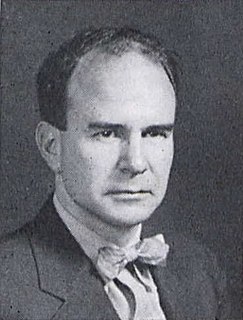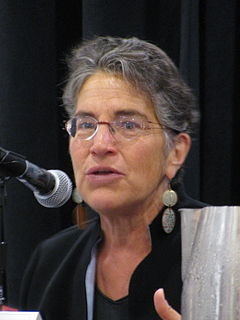A Quote by Learned Hand
How long shall we blunder along without the aid of unpartisan and authoritative scientific assistance in the administration of justice, no one knows; but all fair persons not conventionalized by provincial legal habits of mind ought, I should think, unite to effect some change.
Related Quotes
Legal aid gets a bad press. Some rail against handing taxpayers' money to criminals; others attack fat cat lawyers, while some argue that we spend far more on legal aid than other countries. But let's get some facts straight: saying that legal aid is just about criminals is wrong - most goes to people before any decision is taken on their guilt.
But how is this legal plunder to be identified? Quite simply. See if the law takes from some persons what belongs to them and gives it to other persons to whom it does not belong. See if the law benefits one citizen at the expense of another by doing what the citizen himself cannot do without committing a crime.
I was taught that justice is a right that every American should have. Also justice should be the goal of every American. I think that's what makes this country. To me, justice means the innocent should be found innocent. It means that those who do wrong should get their due punishment. Ultimately, it means fair treatment. So a call for justice shouldn't offend or disrespect anybody. A call for justice shouldn't warrant an apology.
... The popular attitude toward the administration of justice should be one of respect and confidence. Bureaucratic, purely official justice, can never receive such confidence. The one way to secure it is to give the citizen-body itself a share in the administration of justice. And that is what jury-trial does.
We should stop the non-scientific, pseudo-scientific, and anti-scientific nonsense emanating from the right wing, and start demanding immediate action to reduce global warming and prevent catastrophic climate change that may be on our horizon now. We must not let the [Bush] Administration distort science and rewrite and manipulate scientific reports in other areas. We must not let it turn the Environmental Protection Agency into the Environmental Pollution Agency.
In this cultural moment, many of us are feeling inadequate to solve societal problems - fascism, racism, misogyny, homophobia, anti-Semitism, the list goes on - and are unsure of how individuals can affect real change. We don't know what effect we will have on the current political climate as we strive to effect change. All large historical decision draw from a sea of smaller decisions. One never knows what will make the difference in the long run.
No one can know how long this dumbing-down of American religion will persist. But so long as it does, citizens should probably be more vigilant about policing the public square, not less so. . . . [Y]ou cannot sustain liberal democracy without cultivating liberal habits of mind among religious believers. That remains true today, both in Baghdad and in Baton Rouge.
Access to our civil courts has been severely restricted by the combination of: the removal of legal aid from some cases based on their type, not their merit; a high financial threshold for the receipt of legal aid in other cases; and a failure to deliver a safety net for vulnerable individuals by the exceptional funding arrangements.
I do think that an understanding of contemporary work in the cognitive sciences has a profound effect on how one views the workings of the mind. It doesn't work the way we pretheoretically think it does. Such an understanding, of course, should have a large effect on one's views in philosophy of mind, but also in epistemology.
But I should be very sorry if an interpretation founded on a most conjectural scientific hypothesis were to get fastened to the text in Genesis... The rate of change of scientific hypothesis is naturally much more rapid than that of Biblical interpretations, so that if an interpretation is founded on such an hypothesis, it may help to keep the hypothesis above ground long after it ought to be buried and forgotten.
I was always interested in the larger picture, I was pre-law in college, and had a degree in economics. I was very interested in the big question 'how then shall we live?,' how do we organize as a civilization when we are so different, and often don't get along, yet we know at some point we have to unite for the common good? I actually really care about those issues, and I'm driven to understand how it works.
Instead of ending U.S. military aid to the 23rd wealthiest country to use for its consistent violations of international law and human rights, we see the Obama administration escalating the annual amount of aid, so that Israel will now start each year with almost $4 billion, with $3.8 billion a year of military aid coming from our tax money to support its military, without any restrictions on how it makes - how it uses that money, what weapons in the U.S. it's able to buy.


































